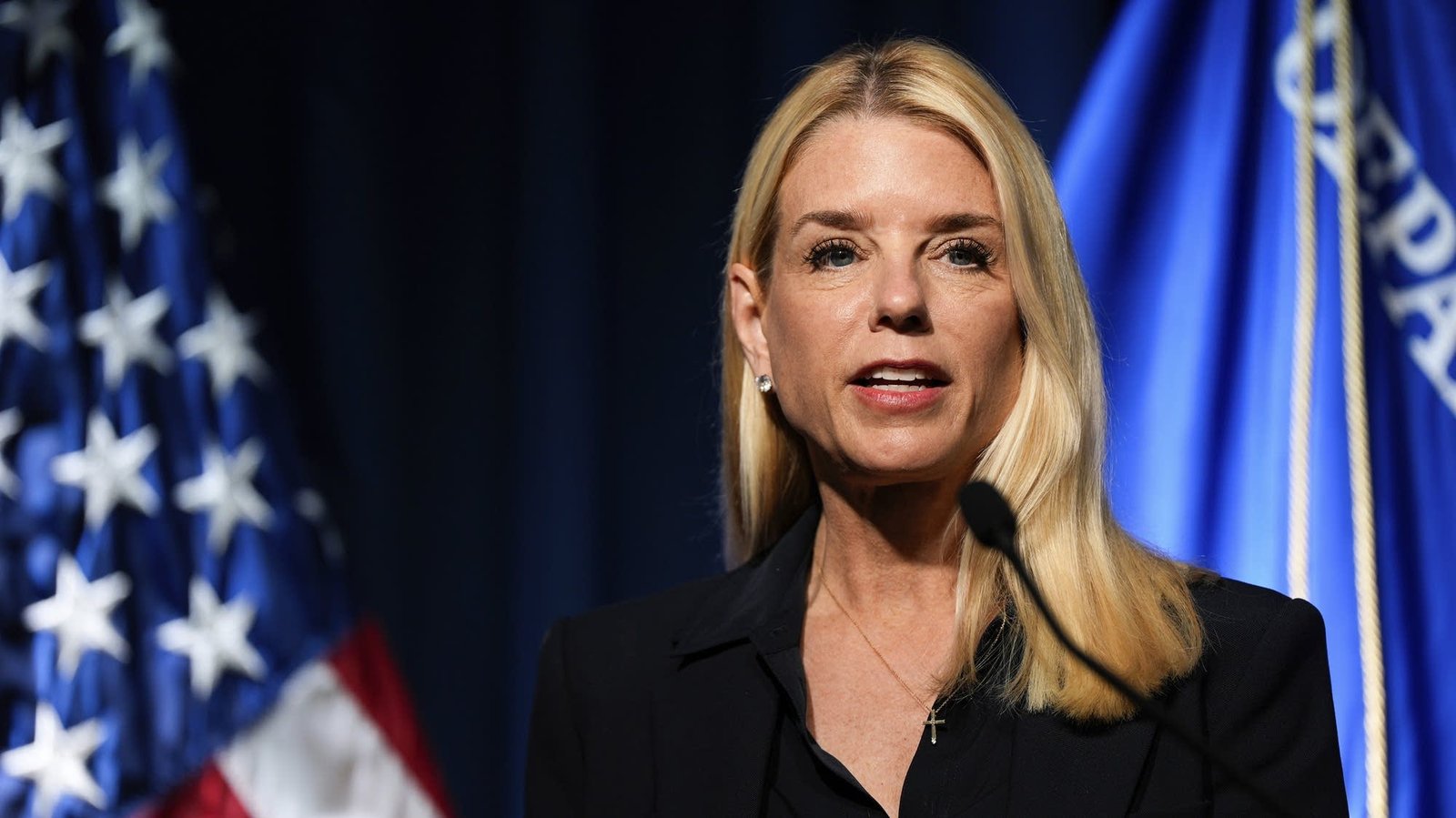
What to know with the breaking of Trump’s tuition fees for migration from thousands of students
They lose tens of thousands of university students who do not obtain a legal status in legal residency to reach tuition prices within the country as part of President Donald Trump’s campaign to immigrate.
The Ministry of Justice is sued the states to end the tuition fees for students without legal residence, Starting with Texas In June. I have also filed lawsuits in Minnesotaand Kentucky And recently, Oclahoma. Last year, Florida ended the tuition fee for students who live there illegally,
“The Federal Foreign Law is prohibited from those who are not present in the United States to obtain study benefits within the country that is rejected for American citizens outside the state,” said the Ministry of Justice in a lawsuit this month in Oklahoma. “There are no exceptions.”
The tuition fee has once enjoyed wide support from the two parties, but it has been increasingly criticized by Republicans in recent years.
Here is what to know about tuition fees:
The Texas program was banned first
Texas’s tuition policy was initially issued with a majority of the two sweeping parties in the legislative body and signed in the law at the time. Rick Perry, Republican, as a way to open access to higher education for students without legal residence they already live in the state. At that time, supporters now say that it has strengthened the state’s economy by creating a better and better working force.
The law allowed students without placing the legal resident to qualify for tuition fees within the country if they live in Texas for a period of three years before graduating from high school for a year before registration in the college. They also had to sign a promising written certificate to apply for the status of legal residents as soon as possible.
In Texas, there are now about 73,000 qualified students registered in its universities and public colleges, according to newer estimates from Presidents Alliance on Higher Education and ImmigrationA non -profit group of university leaders focuses on immigration policy. The latest estimate is to increase previous projections due to a change in its methodology to identify qualified students.
Texas has about 690,000 students in general at its general universities.
The difference in education rates is great.
For example, in Texas University Rio Grande ValleyThe campus 34,000 students along the border with Mexico, a state resident will pay about $ 10,000 in the basic tuition fees for a full -time academic schedule in the next school year. A non -resident student will pay $ 19,000.
A political reaction and a quick end
The Texas Law often stood without challenge for years, but it was criticized as discussions intensified on illegal immigration. In the introductory elections of the Republicans for the year 2012, Perry apologized after he said criticizing the law, “They had no heart.”
The law is the steadfastness of many efforts to cancel the cancellation in the legislative body dominated by Republicans. During the legislative session, which ended on June 2, a draft law canceled a vote.
But the ax fell quickly. After the Trump administration filed a lawsuit calling for a unconstitutional law, the state prosecutor, Ken Pakston, a major ally of Trump, chose not to defend the law in court, and instead submitted a request that it should not be applied.
In Oklahoma, which the presidential alliance will estimate about 2,700 students, General Deputy Drummond, also a Republican, also, a similar movement.
“The reward for foreign citizens in our country illegally with low academic costs is not provided to American citizens outside the state is not only a mistake-but rather discriminatory and illegal, illegal," Dramund said in a statement.
Universities worldwide feel influenced
At least 21 states and regime of the University of Michigan possesses laws or policies that allow academic disruption for immigrant students, according to the National Immigration Law Center, which prefers them. These include the states that tend to democracy such as California and New York, but also those that tend to the Republican Party such as Kansas and Nebraska.
According to the center, at least 16 states allow migrant students to receive scholarships or other assistance to go to the college.
On the national level, the presidents of the presidents estimate more than 510,000 students without legal status in colleges and universities, about 85 percent of them in university programs.
Immigration lawyers and education advocates said that they reside whether there are legal ways to defy judgments.













Post Comment